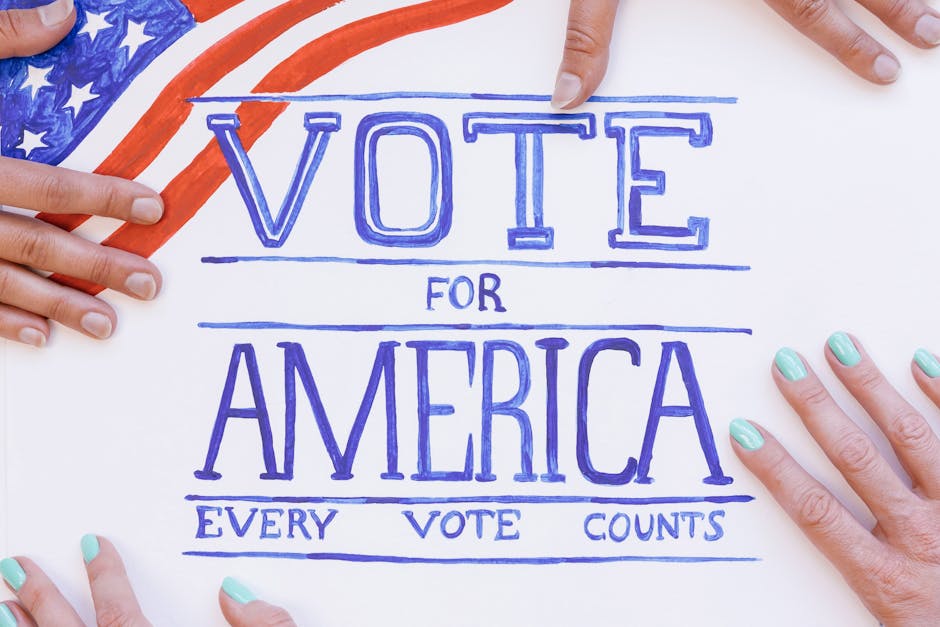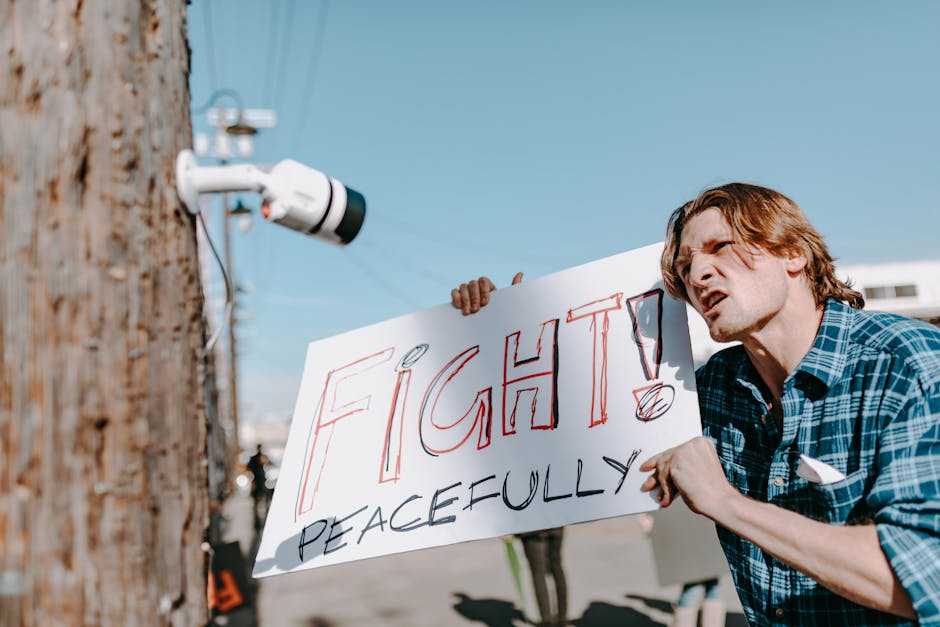Unleashing the Power of Storytelling: How to Use Storytelling to Inspire Change
Storytelling has been an integral part of human communication since the dawn of civilization. From ancient myths and folklore to modern-day novels and movies, stories have the unique ability to captivate, inspire, and connect people on a deep emotional level. But beyond mere entertainment, storytelling has the power to drive real change in the world. In this article, we will explore the art of storytelling and how it can be used as a powerful tool to inspire change in individuals, communities, and society as a whole.
The Psychology of Storytelling: Why Stories Matter

Stories have a profound impact on our brains and behavior. Research in psychology has shown that when we hear a story, our brains release oxytocin, a hormone that promotes empathy and trust. This is why stories have the power to evoke strong emotions and create a lasting impression. By tapping into the emotional core of our being, storytelling can inspire us to see the world in a different light, challenge our beliefs, and motivate us to take action.
For example, think about the impact of a powerful documentary like “Blackfish,” which exposed the dark side of the captive orca industry. By telling the story of Tilikum, a captive orca who killed several trainers, the filmmakers were able to shed light on the inhumane treatment of these intelligent creatures. The film sparked a global outcry and led to significant changes in the way orcas are kept in captivity.
Building Empathy and Connection Through Stories

One of the key strengths of storytelling is its ability to foster empathy and connection. When we hear a story that resonates with us, we are more likely to put ourselves in the shoes of the characters and see the world from their perspective. This can be a powerful tool for inspiring change, as it allows us to break down barriers, bridge divides, and build a sense of common humanity.
For instance, the #MeToo movement gained momentum through the power of storytelling. Countless women came forward to share their experiences of sexual harassment and assault, breaking the silence and creating a sense of solidarity. These stories not only raised awareness about the prevalence of such incidents but also inspired a global conversation about consent, boundaries, and respect.
Creating a Compelling Narrative for Change

Effective storytelling for change requires more than just sharing personal anecdotes or emotional appeals. It involves crafting a compelling narrative that captures the hearts and minds of the audience and motivates them to take action. A successful narrative for change typically follows a structure that includes elements such as a protagonist facing a challenge, a journey of transformation, and a call to action.
Take, for example, the story of Malala Yousafzai, the young Pakistani activist who survived an assassination attempt by the Taliban for advocating girls’ education. Malala’s story is a powerful narrative of courage, resilience, and the fight for justice. By sharing her story with the world, Malala inspired millions to stand up for the rights of girls and women everywhere.
Using Stories to Shift Perspectives and Spark Change

Stories have the remarkable ability to challenge our preconceived notions, broaden our horizons, and inspire us to see the world in a new light. By exposing us to different perspectives and lived experiences, storytelling can help us break free from the limitations of our own biases and beliefs. This can be a catalyst for social change by fostering empathy, understanding, and tolerance.
For instance, the novel “To Kill a Mockingbird” by Harper Lee is a classic example of how storytelling can challenge societal norms and inspire change. The story of Atticus Finch, a lawyer who defends a black man wrongly accused of raping a white woman, confronts the deeply ingrained racism and prejudice of the time. Through the lens of a young girl named Scout, the novel invites readers to question their own beliefs and attitudes towards race, justice, and equality.
Empowering Communities Through Collective Storytelling
Storytelling is not just a tool for individuals to inspire change; it can also empower communities to come together, share their voices, and drive collective action. When people unite around a common narrative, they can amplify their message, mobilize support, and effect meaningful change in their society.
An excellent example of this is the civil rights movement in the United States, where African Americans used storytelling to reclaim their voices and demand equal rights and dignity. Through speeches, songs, and marches, leaders like Martin Luther King Jr. inspired a generation to rise up against injustice and segregation. Their collective storytelling helped to bring about significant legislative changes, such as the Civil Rights Act of 1964.
The Future of Storytelling for Change
As we look to the future, storytelling continues to evolve as a powerful tool for inspiring change in the digital age. With the rise of social media, podcasts, and online platforms, stories can now reach a global audience instantaneously, breaking down geographical barriers and connecting people from diverse backgrounds. This presents exciting opportunities for individuals and organizations to leverage the power of storytelling to drive social, political, and environmental change.
For example, the #BlackLivesMatter movement has harnessed the power of social media and digital storytelling to raise awareness about systemic racism and police brutality against Black communities. Through powerful videos, photos, and personal stories shared online, activists have been able to galvanize public support, pressure policymakers, and push for meaningful reforms in policing and criminal justice.
Conclusion
Storytelling is a potent force that has the power to inspire change, challenge the status quo, and shape the future. By harnessing the emotional and connective power of stories, we can break down barriers, build empathy, and mobilize communities to take action. Whether through personal anecdotes, compelling narratives, or collective voices, storytelling has the unique ability to ignite our imagination, stir our emotions, and propel us towards a more just, equitable, and compassionate world. So, let us embrace the power of storytelling and use it as a tool to inspire change in ourselves and those around us.
Remember, the next time you hear a story that moves you, ask yourself: How can I use this story to inspire change?




